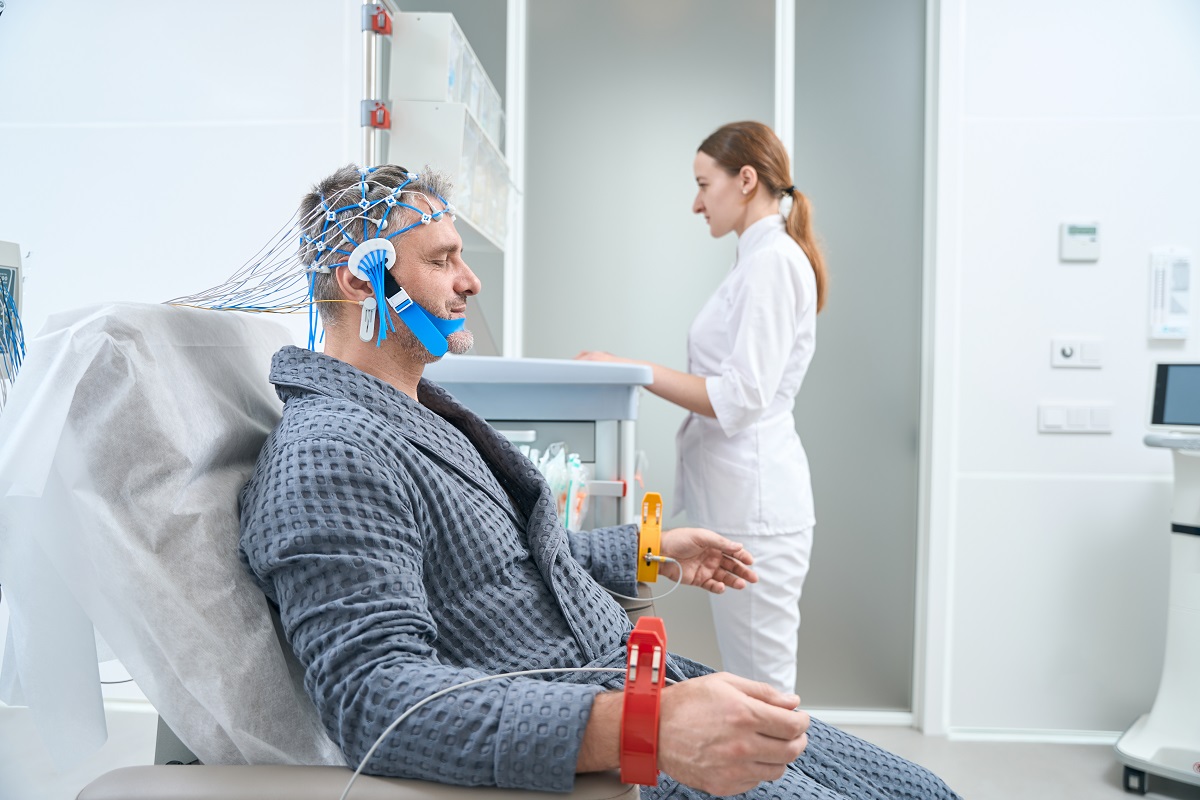
Emerging Treatments for Neurodegenerative Diseases
Neurodegenerative diseases such as Alzheimer’s, Parkinson’s, and ALS (amyotrophic lateral sclerosis) pose significant challenges in modern healthcare. These conditions progressively affect neurons, leading to cognitive and motor function decline. However, exciting advancements in research and treatments offer hope for patients and their families.
These conditions progressively affect neurons, leading to cognitive and motor function decline.
Alzheimer's Disease: Immunotherapy and Beyond
Alzheimer’s disease, the most common cause of dementia, is characterized by the buildup of beta-amyloid plaques and tau tangles in the brain. New treatment strategies, such as immunotherapy, aim to target these proteins directly. Anti-amyloid drugs like lecanemab and aducanumab have shown promise in slowing the progression of cognitive decline by removing beta-amyloid from the brain. Other therapies aim to target tau proteins or enhance brain plasticity.

Parkinson’s Disease: Deep Brain Stimulation and Gene Therapy
Parkinson’s disease is primarily caused by the degeneration of dopamine-producing neurons in the brain, leading to motor issues such as tremors and stiffness. Deep brain stimulation (DBS) has emerged as a game-changing treatment, offering significant improvements in movement control. Additionally, gene therapy is being explored as a way to modify genetic factors that contribute to the disease’s progression, potentially slowing or reversing its effects.
ALS: Advances in Stem Cell Therapy
ALS is a rapidly progressing neurodegenerative disease that affects motor neurons, leading to paralysis. Stem cell therapies are currently being explored to repair or replace damaged neurons. Research is also underway to find gene-editing tools like CRISPR that can target mutations associated with ALS, offering new hope for slowing the disease’s progression.
Multidisciplinary Approaches: Combining Therapies
The future of neurodegenerative disease treatment may lie in combining different therapies. Approaches that integrate immunotherapy, stem cells, and gene therapy offer the potential for more comprehensive management of these complex diseases. Moreover, ongoing research into lifestyle interventions—such as exercise, diet, and cognitive stimulation—shows promise in slowing disease progression and improving quality of life.

Conclusion: Hope on the Horizon
While neurodegenerative diseases remain a major challenge, emerging treatments are bringing hope to millions of people worldwide. Advances in immunotherapy, deep brain stimulation, stem cell research, and gene therapy hold the potential to slow disease progression, improve symptoms, and ultimately change the trajectory of conditions like Alzheimer’s, Parkinson’s, and ALS.



